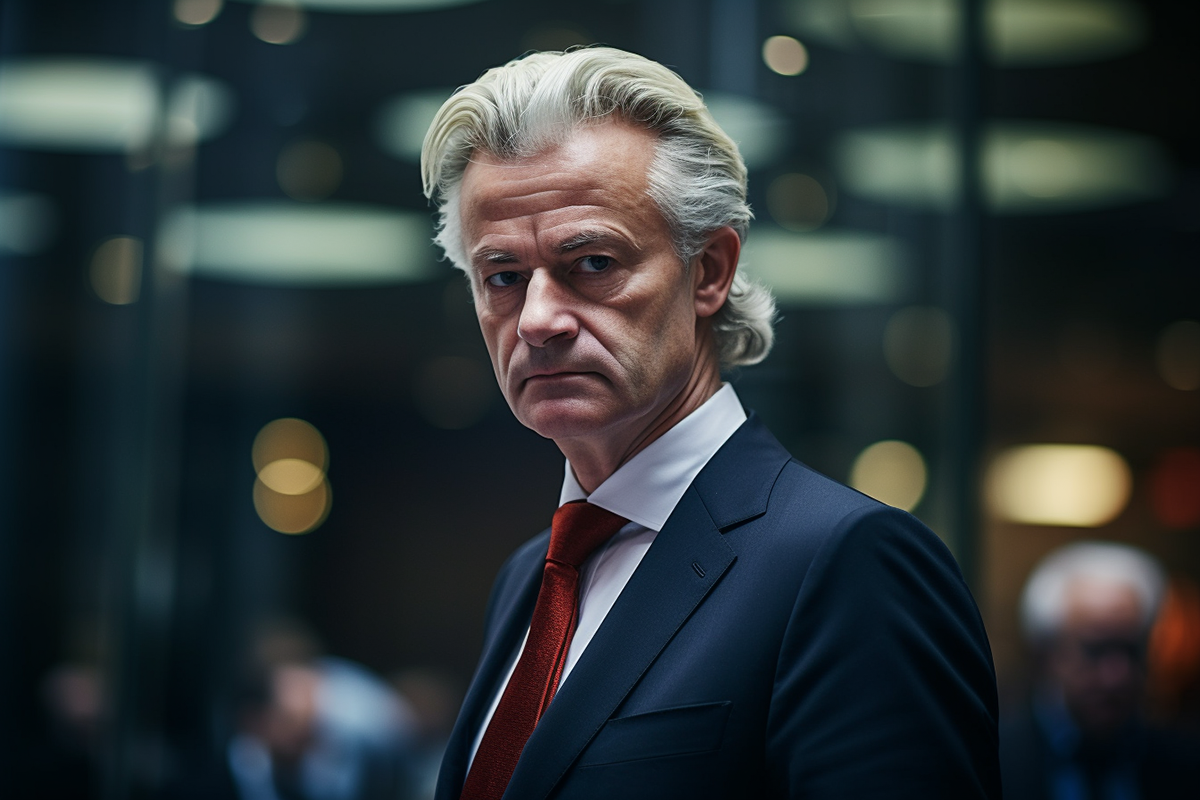In a striking turn of political events, the Netherlands witnessed a significant shift to the right, with the far-right Party for Freedom (PVV) emerging victorious in the latest elections. The PVV, steered by the controversial Geert Wilders, secured a remarkable 37 seats in the Dutch lower house. This development signals a tectonic shift in Dutch politics. It heralds a period of re-evaluation for the long-standing ruling party, the People’s Party for Freedom and Democracy (VVD), led by outgoing Prime Minister Mark Rutte, which has announced an intent to support but not partake in the new government.
In the wake of the electoral results, PVV Senator Gom van Strien has been tasked with exploring viable governing coalitions. The Senator is set to initiate dialogues with party leaders and present his conclusions for debate among the newly elected lawmakers on December 6. This move may set the stage for Wilders to ascend to the Prime Minister’s office, yet his stringent anti-Islam stance could be a stumbling block in coalition talks.
Echoing the sentiments of the Dutch electorate, Marine Le Pen of France recognized Wilders’ victory as a repudiation of the three-decade-long political status quo. Meanwhile, potential coalition partner Pieter Omtzigt of the New Social Contract party (NSC) voiced reservations about aligning with policies he deems unconstitutional, reflecting on Article 1 of the Dutch Constitution, which prohibits discrimination on various grounds.
Despite the electoral win, Wilders assured adherence to Dutch law in his policies. However, concerns linger, particularly regarding his foreign policy stance on Ukraine, which deviates sharply from the caretaker administration’s support, as highlighted by Defense Minister Kajsa Ollongren.
As the Netherlands stands at a crossroads, the Rutte-led caretaker government will continue its duties until a new coalition emerges committed to supporting Ukraine against Russian aggression, a position Rutte reaffirmed in a recent call with Ukrainian President Volodymyr Zelenskyy.
The Netherlands is navigating through political upheaval as the far-right gains ground, challenging the conventional dynamics of Dutch governance. While the PVV celebrates its victory, the real test begins now, as it seeks to forge a coalition that resonates with both the Dutch populace and the nation’s constitutional values. Amidst this political reorientation, the VVD’s decision to retreat from frontline governance reflects a strategic concession to the changing tide, with implications for domestic and international policy yet to unfold.







